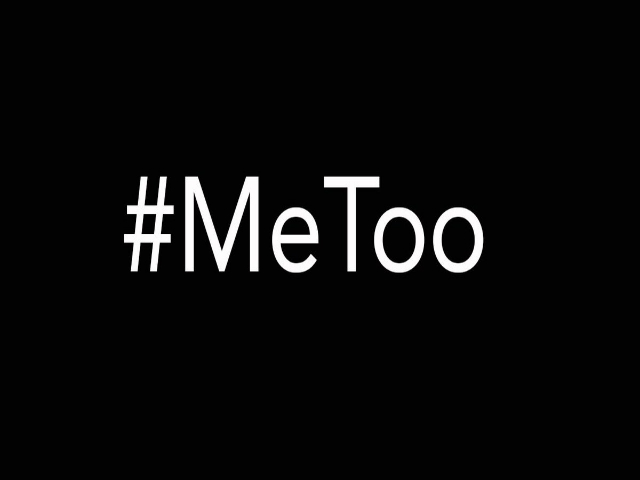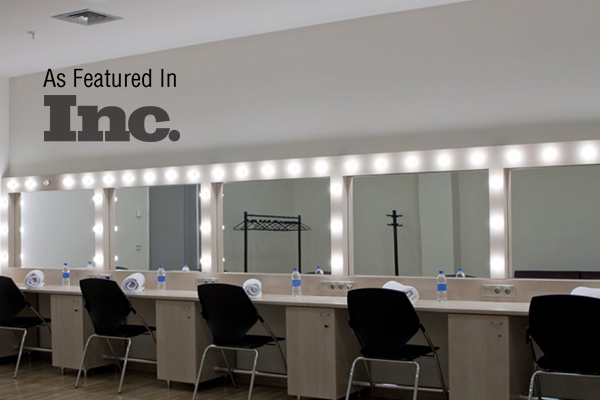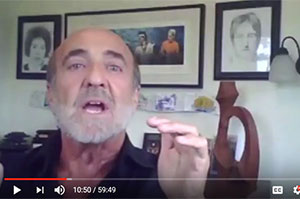Its no longer Survival of the Fittest, It’s now Survival of the Most Adaptable. Change, adapt and flex…. or die.
Face it. Change is inevitable. (except in vending machines!)
We live in ‘interesting times’ – a phrase that, in ancient times, was used as both a blessing and a curse. Interesting indeed. Change at breakneck speed- wholesale redefinition of industries, institutions; products and services that never existed before are mainstays in our lives- we dont even know how to use them before they are updated and improved. Whew. Fasten on your seat belts because it’s not going to slow down any time soon.
So what can we do to manage this. I believe that the psychology of change is the key. We can never assist others with the change process if we cant manage our own emotions through it. Here’s a simple model that we’ve used and you will want to adopt.
First, lets look at the process that many people go through when confronted with change; tough change or easy change.
There are four major emotional phases.
First is Denial. ‘No worries, this wont really happen’, ‘i have other things to deal with’.
Next phase: Resistance. ‘this is the pits’, ‘what are they thinking’, ‘im not going along with this’.
The third and forth phase are on the other side of chasm. They are Exploration (possibility thinking) and Commitment (this is great!)
The question that Im constantly asked is ‘how do we get from the Denial and Resistance to Exploration and Commitment.
Here’s what I suggest, what we workshop through and you will want to adopt as a practice. It’s two parts.
1. Argue in favor of the change- as if you were the voice of the change and make all of the points in favor of the change. Your mind may go to ‘ I cant argue in favor, i think it sucks’ and just ignore it.
2. Answer the questions, ‘what’s great about this change?’, ‘how will you benefit from the change?’, ‘im grateful for this change because______.’
These two techniques help to give you a psychological shift. We are all inflicted from time to time with the pseudo disease called Psycho-sclerosis or ‘hardening of the attitudes’, and this model and these two techniques will help unlock your thinking.
Now this doesn’t mean that you will automatically adopt the change as a result of this model and these techniques. It WILL, however, assist you in applying more of your mental and emotional resources in considering it – clearly and relatively unencumbered with the psycho-sclerosis!
Hope this helps you meander through the ‘whitewaters of change’.





